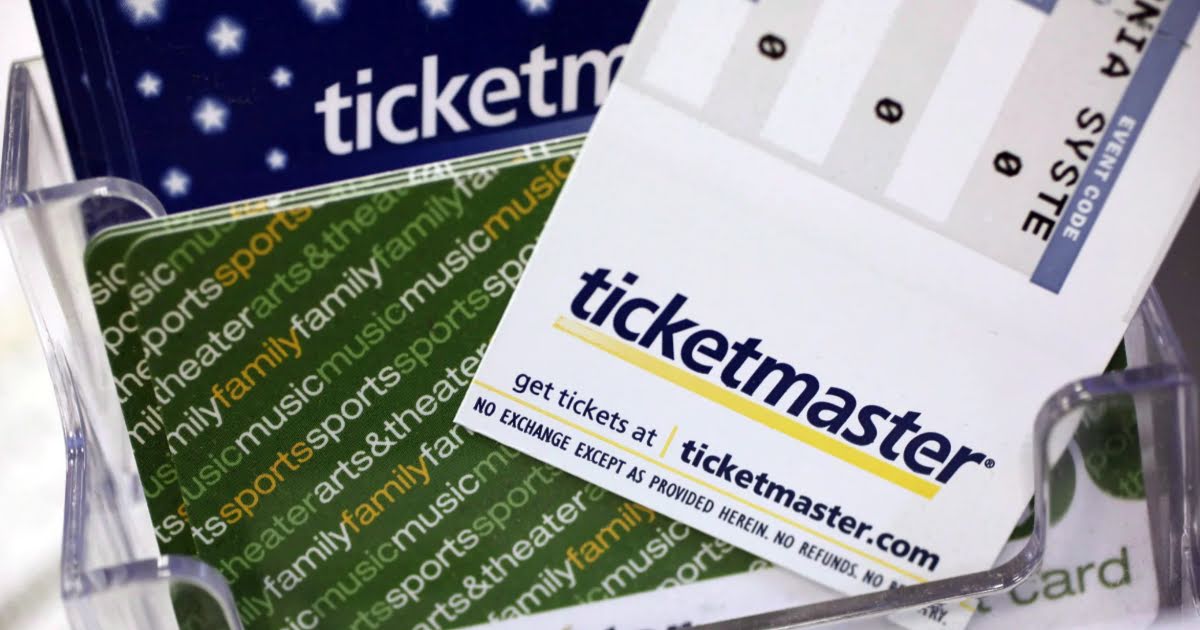Previously, the Record Label Industry Association of Korea has actively taken the lead in eradicating ticket scalpers by filing petitions. Yoon Dong Hwan, chairman of the Record Label Industry Association of Korea, recently petitioned the Ministry of Justice requesting recision of the ticket scalping law.
Concert tickets for popular singers are being sold through scalping at prices that are several to dozens of times higher than the regular price. | The Fact
First, we need to take a closer look at what “ticket scalping” is, how far it can be considered as ticket scalping, and how ticket scalping is created. First, you must distinguish it from “resell,” you must know the automatic repeat input program Macro to realize the seriousness of ticket scalping and eradicate it.
If you cancel after purchasing a ticket, a fee of 10% of the ticket price is usually charged 9 to 7 days in advance, 20% 6 to 3 days in advance, and 30% 2 to 1 days in advance. If you are unable to attend a performance unavoidably, tickets may be resold to save fees. Of course, for fans who have been waiting for that day, it is very rare for it to be inevitable.
I don’t know if it’s resold for less than the purchase price, but the problem starts when a premium is added. When demand increases, prices rise and a market is formed where there is margin. There is already a resale market for luxury goods such as sneakers and figures with premiums attached. However, these tickets are different in terms of product nature and purchase type.
Most products that are resold are purchased offline or gradually increase in value, so their scope is limited. However, tickets can be purchased online with a few clicks, and a premium is charged upon purchase, making them highly convertible. As a result, it becomes organized and extensive in scale.
Macro is at the forefront of encouraging this. This is a program that takes place within seconds from login to seat selection and payment. Organized operators secure multiple IDs and use macros to reserve tickets. The best seats are swept up at a speed that is impossible to keep up with through fans who purchase them manually. The ticket is sold at an excessive premium. Tickets like that are the scalpers of today’s era.
Singer Lim Young Woong‘s concert attracted more than 3.7 million traffic just one minute after ticket sales began, a figure that only comes from one in every 13 Koreans regardless of gender or age. It is clear that Lim Young Woong is a singer loved by the entire nation. However, the industry consensus is that such figures are only possible if ticket reservations using macros are made simultaneously.
The scalped tickets are traded anywhere from hundreds of thousands of won to millions of won. Lim Young Woong is not the only one. Ticket scalpers are rampant, including popular idol groups and even indie singers. When you enter a concert on a social media site, numerous posts about sales appear. The same goes for second-hand trading platforms, and there is even a site (TicketOO) aimed solely at trading ticket scalpers.
Ticket transactions with premiums are being carried out extensively and systematically on SNS, second-hand trading platforms, and ticket trading sites. | Social media platform captures/The Fact
Yoon Dong Hwan, Chairman of the Record Label Industry Association of Korea, who is leading the eradication of ticket scalping, stated, “Before COVID-19, even for popular performances, the proportion of ticket scalpers using macros was found to be less than 10%, but last year it was 30%. This year, I think it’s up to about 50%. The situation is more serious in the standing seats and front row seats, which are the most preferred by fans.”
This is not an exaggeration. Person A (female, 22), an office worker who has experience purchasing tickets about 10 times, said, “I went to idol group concerts about 20 times, but not even half of them went with reservations. Even if I’m lucky and succeed in reserving a back seat, I usually try to get a front seat.”
One industry official said, “The proportion of scalpers using macros has reached 50%.” | The Fact
After the COVID-19 pandemic ended, performances began to become more active again, and as K-pop’s global popularity grew, more and more overseas fans were willing to pay the cost of air travel. As a result, the number of scalped tickets increased and the prices soared. Last year, the Korea Creative Content Agency received 4,224 reports of scalping for popular music performances, but this year, scalpers have become more organized and sophisticated.
The industry is not sitting idle. The ticket reservation platform introduced technology to prevent automatic macro creation and strengthened identity verification procedures when entering the performance hall. Music-related associations are working together to come up with practical measures. However, the evolution of macro and the “sales tricks” of scalpers neutralize such efforts. Legislation that would give strength to efforts is one step too late.
Last March, the Music Association conducted a survey on illegal ticket scalping to report on the damage suffered by artists and organizers due to ticket scalping, and met with scalpers directly on YouTube to uncover the macro and organized reality.
The association said, “As ticket scalpers are rampant, the number of fraudulent activities using ticket scalpers is also increasing. Such illegal acts that take advantage of innocent fans’ hearts and destroy the industrial structure should be punished as felonies, but in our country, they cannot be punished even as misdemeanors.”
In response to the industry’s constant requests, the National Assembly also took action. The National Assembly passed an amendment to the Performance Act that prohibits and punishes illegal sales of tickets using macros, and is scheduled to go into effect in March next year. However, five out of seven bills to prevent ticket scalping are pending. It appears that it is still difficult to say that they are fully aware of the seriousness of the situation and are actively taking action.
In fact, some singers and entertainment companies stepped forward. Lim Young Woong’s agency regularly checks and takes action against reservations made for the purpose of illegal program use, ticket transfer, and resale. IU introduced the so-called “secret royal inspector selection”. This is a method of rewarding illegally reserved tickets to those who report ticket scalping.
The association added, “With the advent of macros, scalpers are becoming organized and corporate. With the revision of the Public Performance Act in March 2024, purchases using macros have been defined as illegal, but in reality, it is impossible to detect macro purchases by individual scalpers who are specialized in division. It is difficult to eradicate ticket scalping itself, but first, we request a revision to the ticket scalping law that was enacted 50 years ago.”
It looks like properly understanding and redefining ticket scalping is the first step toward eradicating it.




